Annotations to the working programs for the subject: "Geography"
Course Title
Geography
Class
5-9 FSES
Number of hours
276
UMK
Textbooks
Sample program for basic general education in geography. 5-9 grades. Authors I.I. Barinova, V.P. Dronov, I.V. Dushina, V.I. Sirotin
UMK "Introduction to Geography. Grade 5"
-
Introduction to Geography. Grade 5. Textbook (authors A.A. Pleshakov, V.I. Sonin, I.I. Barinova).
-
Introduction to Geography. Grade 5. Methodological guide (author I.I. Barinova).
-
Introduction to Geography. Grade 5. Workbook (authors V.I. Sonin, S.V. Kurchina).
-
Introduction to Geography. Grade 5. Electronic multimedia edition.
UMK "Geography. Grade 6"
-
Geography. Grade 6. Textbook (authors T.P. Gerasimova, N.P. Neklyukova).
-
Geography. Grade 6. Methodological guide (author O.A. Bakhchieva).
-
Geography. Grade 6. Workbook (author T.A. Kartasheva).
-
Geography. Grade 6. Electronic multimedia edition.
UMK "Geography of Continents and Oceans. Grade 7"
-
Geography of Continents and Oceans. Grade 7. Textbook (authors V.A. Korinskaya, I.V. Dushina, V.A. Shchenev).
-
Geography of Continents and Oceans. Grade 7. Methodological guide (authors V.A. Korinskaya, I.V. Dushina, V.A. Shchenev).
-
Geography of Continents and Oceans. Grade 7. Workbook (author I.V. Dushina).
-
Geography of Continents and Oceans. Grade 7. Electronic multimedia edition.
UMK "Geography of Russia. Nature. Grade 8"
-
Geography of Russia. Nature. Grade 8. Textbook (author I.I. Barinova).
-
Geography of Russia. Grades 8-9. Methodological guide (authors I.I. Barinova, V.Ya. Rom).
-
Geography of Russia. Nature. Grade 8. Workbook (author I.I. Barinova).
-
Geography of Russia. Nature. Grade 8. Electronic multimedia edition.
UMK "Geography of Russia. Population and Economy. Grade 9"
-
Geography of Russia. Population and Economy. Grade 9. Textbook (authors V.P. Dronov, V.Ya. Rom).
-
Geography of Russia. Grades 8-9. Methodological guide (authors I.I. Barinova, V.Ya. Rom).
-
Geography of Russia. Population and Economy. Grade 9. Workbook (author V.P. Dronov).
Course Goals and Objectives
-
Formation of a system of geographical knowledge as part of the scientific worldview.
-
Understanding the diversity of modern geographical space through concrete examples at various levels (from local to global), which helps to form a geographical picture of the world.
-
Understanding the interaction between humans and nature in the modern stage of human development, considering historical factors.
-
Knowledge of the nature, essence, and dynamics of key natural, ecological, socio-economic, geopolitical, and other processes occurring in geographical space in Russia and the world.
-
Understanding the main features of the interaction between nature and society in the modern stage of its development, the importance of environmental protection and rational natural resource use, and the implementation of a sustainable development strategy on a global scale.
-
Formation of intellectual, practical, universal learning, evaluation, and communication skills ensuring safe, socially and ecologically reasonable behavior in the environment.
-
Formation of universal human values related to understanding the significance of geographical space for humans, and caring for the preservation of the environment for life on Earth.
-
Understanding the patterns of population distribution and territorial organization of the economy in relation to natural, socio-economic, and ecological factors, dependence of human adaptation and health on geographical living conditions.
-
Deep and comprehensive study of the geography of Russia, including various types of its geographical position, nature, population, economy, regions, and the features of natural resource use in their interdependence.
-
Formation of practical experience in life activities through human scientific cultural achievements (maps, satellite images, travel, observations, traditions, use of instruments and techniques), contributing to the study, development, and preservation of geographical space.
-
Formation of experience in navigating geographical space through various methods (plans, maps, instruments, natural objects, etc.), ensuring the realization of personal needs, interests, and projects.
-
Formation of experience in creative activity to meet cognitive, social-communicative needs through creating own geographical products (diagrams, projects, computer programs, presentations).
-
Development of students' understanding of the societal need for geographical knowledge, as well as the formation of their attitude toward geography as a possible area of future practical activity.
Program Structure
-
Explanatory Note
-
General description of the geography subject in the curriculum
-
Description of the place of geography in the curriculum
-
Requirements for the results of mastering the geography subject
-
Content of the geography subject
-
Thematic planning
-
Educational and methodological and material-technical support of the educational process
-
Control and assessment tools (Appendix)
Course Title
Geography
Class
6-9 FSES
Number of hours
253
UMK
Textbooks
Author's program in geography for educational institutions, grade 6, author: N.N. Petrova, grade 7 - author I.V. Dushina, grades 8-9 (authors: A.I. Alekseev, E.V. Kim, G.Yu. Kuznetsova, G.Ya. Lisenkova, V.I. Sirotin)
Grade 6 - T.P. Gerasimova, N.P. Neklyukova. Introductory Geography course. Grade 6 - M.: Drofa, Atlas. Physical Geography, introductory course. Grade 6. Multimedia program: Geography 6-10 grades.
Grade 7 - Textbook: Korinskaya, V.A., Dushina, I.V., Shchenev, V.A. Geography of Continents and Oceans. - M.: Drofa, UMK: Geography Atlas. Grade 7. - M.: Drofa.
Grade 8 - Textbook: Geography of Russia. Nature and Population, Grade 8, Alekseev A.I., Moscow, Drofa, 2012.
UMK: Geography Atlas with contour maps. Grades 8-9. - M.: Drofa.
Grade 9 - Textbook: Geography of Russia. Economy and geographical regions. Grade 9, Alekseev A.I., Moscow, Drofa, 2012. M. Drofa, UMK: Geography Atlas: 8-9 grades. - M.: Drofa
Course Goals
-
Acquisition of knowledge about basic geographical concepts, geographical features of nature, population, and economy of different territories; about one's homeland - Russia in all its diversity and integrity; about the environment, methods of its preservation, and rational use.
-
Mastery of skills to navigate the terrain; use one of the "languages" of international communication — geographical maps, statistical materials, modern geoinformation technologies for searching, interpreting, and demonstrating various geographical data; apply geographical knowledge to explain and assess diverse phenomena and processes.
-
Development of cognitive interests, intellectual and creative abilities in the process of observing the state of the environment, solving geographical problems, and independently acquiring new knowledge.
-
Nurturing love for one's locality, region, country, mutual understanding with other nations; environmental culture, positive attitude toward the environment.
-
Formation of the ability and readiness to use geographical knowledge and skills in everyday life, preserving the environment, and socially responsible behavior in it; adaptation to living conditions in a particular territory; independent assessment of the level of environmental safety as a sphere of human activity.
Program Structure
-
Explanatory Note
-
General description of the geography subject in the curriculum
-
Description of the place of geography in the curriculum
-
Requirements for the results of mastering the geography subject
-
Content of the geography subject
-
Thematic planning
-
Educational and methodological and material-technical support of the educational process
-
Control and assessment tools (Appendix)
Course Title
Geography
Class
10-11 FSES
Number of hours
68
UMK
Textbooks
Author's program in geography for educational institutions, grade 10, author: V.I. Sirotin (basic level)
Maksakovsky V.P., Economic and Social Geography of the World, M. Prosveshchenie. UMK: Geography Atlas with contour maps - M.: Drofa
Course Goal
Formation of comprehensive broad ideas among students about the socio-economic component of the geographical picture of the world.
Program Structure
-
Explanatory Note
-
General description of the geography subject in the curriculum
-
Description of the place of geography in the curriculum
-
Requirements for the results of mastering the geography subject
-
Content of the geography subject
-
Thematic planning
-
Educational and methodological and material-technical support of the educational process
-
Control and assessment tools (Appendix)
Hvordan man overlever i et lovløst land: Historier om mod og strategi
Hvordan fungerer Convolutional Neural Networks (CNN) i tekstmining?
Hvordan Berberin og Resveratrol Påvirker Muskelmolekyler og Metabolisme: Nyere Forskning og Anvendelse i Træning
Verdens største, længste og hurtigste: En quiz om naturen
Ministeriet for Sundhed i Krasnojarsk Kraj Ordre om afvisning af ændringer i lægelicensregisteret
Sikkerhed på vejen En vejledning for skolebørn og forældre
Dokument med rettede oplysninger offentliggjort i udstederens halvårsrapport for 2022

 Deutsch
Deutsch
 Francais
Francais
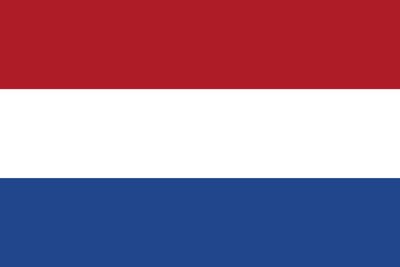 Nederlands
Nederlands
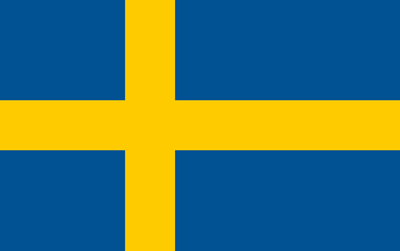 Svenska
Svenska
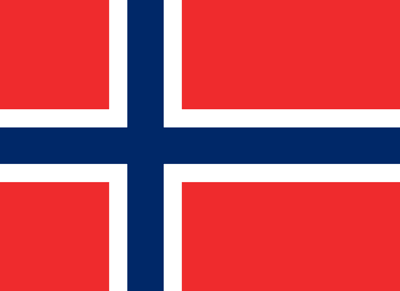 Norsk
Norsk
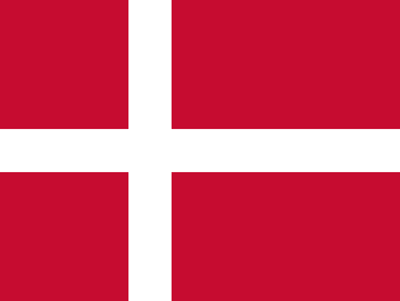 Dansk
Dansk
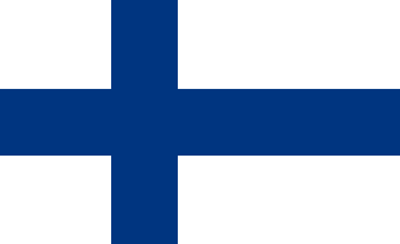 Suomi
Suomi
 Espanol
Espanol
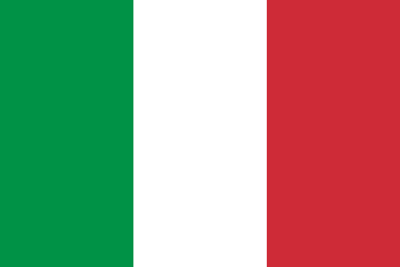 Italiano
Italiano
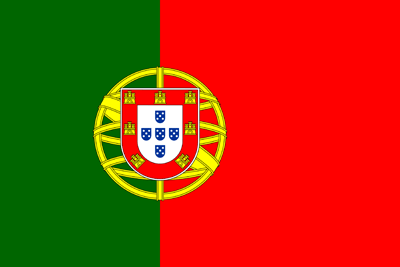 Portugues
Portugues
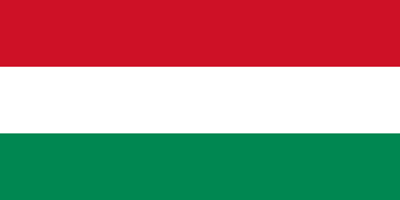 Magyar
Magyar
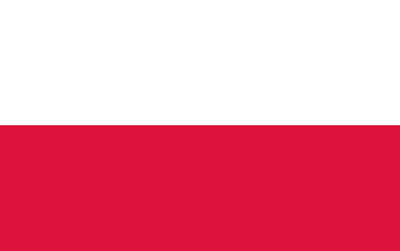 Polski
Polski
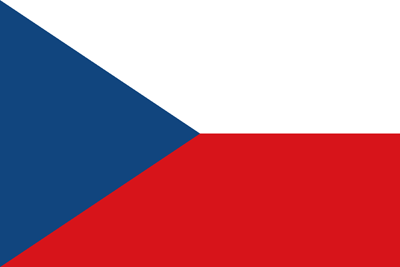 Cestina
Cestina
 Русский
Русский